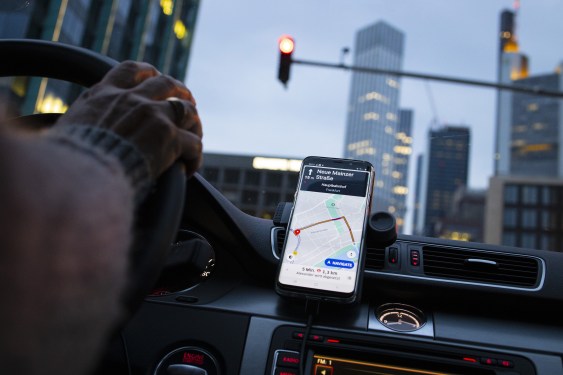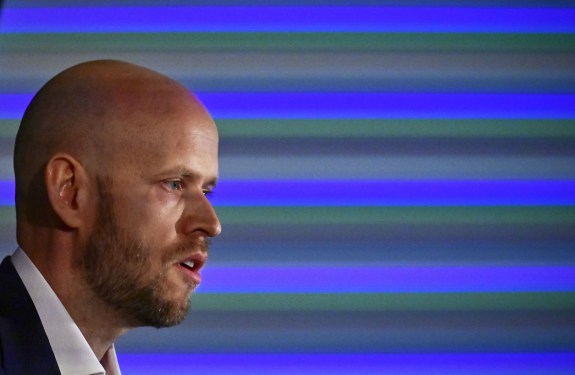Uber Rolls Out New Features to Address Unfair Deactivations
Starting Monday across the U.S., Uber will roll out new technology that identifies riders or Uber Eats customers who consistently give bad ratings or feedback with the intent of getting a refund. According to a blog post by the company, allegations made by these customers will not be considered in drivers’ ratings or deactivation decisions.
New Features Aim to Address Unfair Deactivations
The ride-hail giant is also expanding its in-app review center to provide drivers and couriers with more information about why their account was deactivated. This will allow them to request a review of the decision and share any additional information, such as audio or video recordings.
Uber rolled out an audio recording feature for drivers and riders nationwide last year. The company is now expanding this feature to include video recording. In addition, Uber will pilot voluntary drug tests so that drivers who are accused of driving under the influence of a drug or for having a car that smells like marijuana (in a state where it’s legal) can dispute those complaints.
Drivers Protest Unfair Deactivations
Drivers have long protested against unfair deactivations, which amount to being fired in the app-based gig economy. Many drivers have joined class action lawsuits against Uber, complaining that some riders submit false complaints out of malice or bias. Drivers also stated that they lack transparency to view the nature of those complaints in order to contest them, and that Uber offers little to no recourse to dispute the claims.
According to a February report from the Asian Law Caucus, 30% of deactivated drivers said they were not given any explanation as to why they were deactivated. Of the drivers who were given a reason, 42% said they had been deactivated due to a customer complaint. Another 10% said they were deactivated due to low customer ratings.
The report also found that nearly half of all deactivated drivers believed that customer discrimination led to their deactivation — drivers of color and drivers who didn’t speak English well were more likely to experience temporary or permanent deactivation.
Consequences of Deactivations
Because Uber drivers are not classified as employees, when they’re deactivated, they are not automatically eligible for unemployment and often find themselves suddenly without an income. Of those surveyed in the report, 75% reported experiencing financial difficulties after being deactivated.
New Features to Improve Courier Experience
In addition to addressing unfair deactivations, Uber is also rolling out new features to improve the experience of couriers. These include:
- Improved navigation: A new feature that provides real-time traffic updates and suggests alternative routes to help couriers arrive at their destinations more efficiently.
- Enhanced customer support: Couriers will now have access to a dedicated support team, available 24/7 to assist with any issues or concerns.
Conclusion
Uber’s new features aim to address the long-standing issue of unfair deactivations and provide a better experience for both drivers and couriers. By providing more transparency and support, Uber is taking steps to improve the lives of its workers and create a more positive experience for everyone involved in the ride-hail economy.
Related Stories






